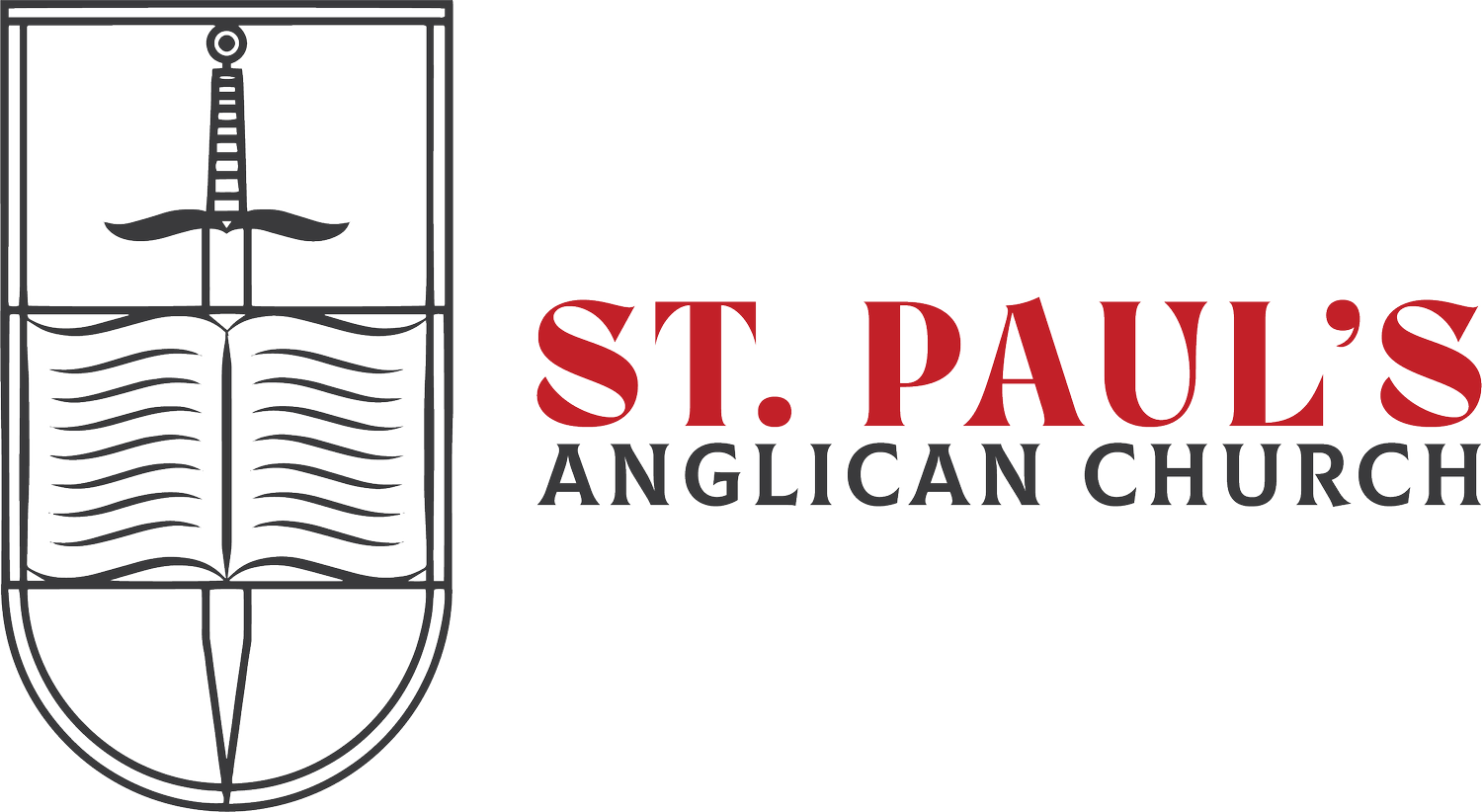Reflection: On Mission
By Fr. Wesley Walker
In Christian contexts, the word “mission” often makes us think of going to other parts of the world on short-term missions trips or missionary work in remote villages. These mental images are in no way wrong, but they are incomplete. When we use the term “mission” in terms of the Church, we’re talking about Her vocation: the identity of the Church, the purpose of the Church, and what activities fall under that umbrella. This week, +Bp. Stephen Scarlett, the rector of St. Matthews in Newport Beach, California and the Bishop of the Diocese of the Holy Trinity in the Anglican Catholic Church, organized a conference and retreat on the topic of mission in partnership with our own Diocese of the Eastern United States of the Anglican Province of America at the Montserrat Jesuit Retreat House in Dallas, Texas. Must was said at the conference by many exemplary ministers in our G3 communion of churches who are on the cutting edge of living out the Gospel in the 21st century. I hope to share more of that wisdom in the future as my reflections foment. The main thing that stuck out to me was that there are really two ways of going about the Church’s mission: a consumerist approach and an organic approach.
The consumerist approach reduces the mission of a parish to franchising. This vision of mission casts the parish’s identity purely in the external things—aesthetics, programs, etc. These things do matter, of course, but they are means to the end, not the end itself. The goal of outreach from the consumerist perspective is simply marketing to perpetuate the brand. This poses a problem. In the words of philosopher Marshall McLuhan, “The medium is the message.” If we market the parish primarily through advertising, if we offer programs and liturgies as a means of fulfilling consumeristic desires, then the parish is a product. Ultimately, this is a view of Church that is inherently compartmentalized; it sees the Church as one product among other products, which also means it can be discarded when it ceases to “do it” for us. +Bp. Scarlett exhorted us to cast off this approach for the good of the Church.
There is a better way. The alternative to marketing is an organic, missional approach. This starts with the idea of the Church as the sacramental Body of Christ which centers its life around koinonia, Apostolic teaching, the Eucharist, and corporate prayer (Acts 2:42-47). The outworking of this approach is to see every member of the Church as a missionary and the Church’s primary vocation to be shepherding members along the path of holiness and converting sinners with the Gospel. The goal is never attraction via gimmick, but a relational invitation into the life of the Church. This approach is arduous because it requires authenticity and actual discipleship. If this is how we think about mission, we cannot be sideline spectators, but active participants who recognize discipleship as their primary vocation.
For the Church to be healthy, her members must take up the posture of missionaries. This begins with a love for Jesus Christ. Whatever else comes after that, it must be shaped and catalyzed by an active relationship with Our Lord. That love, however, must be expressed in discipleship, a disciplined pursuit of God that organizes itself around the love of God. This allows us to go “further up and further in” to our relationship with Jesus through the spiritually formed life that is centered around Holy Communion, the Daily Office, and a private, structured prayer life. This life that is based in communion with God and his Church will overflow and express itself in a desire to share the faith with others. This happens not through nifty pitches, charismatic presentation, and gregarious personality but through a real openness to others and authentic hospitality that sees others not as consumers to be entertained, or even potential new parishioners but human beings in need of the Gospel. If we have love for God, spiritual formation, and evangelistic zeal, then we can live as missionaries to a culture that desperately needs the Gospel.
This conference on mission was such an encouragement. I should say that there were members of all our G3 Communion: the Anglican Province of America, Anglican Catholic Church (including the Diocese of the Holy Cross), and the Anglican Church in America were all present. As the Psalmist says (133:1), “How good and how pleasant it is for brethren to dwell together in unity! ” Even more, the conference offered a wonderful clarification from bishops and priests who have been successful at living out this organic approach to mission. In the 21st century, the Church as a whole is at a crossroads; it must choose this day whom it will serve. We can choose the marketing approach—an approach that has been a failure in the mid-to-late 20th century—and continue to reduce the identity of the Church to a branding consumeristic exercise. On the other hand, we can adopt an organic missional approach that begins with adoring our Lord and Savior Jesus Christ and invites others into that mode of being. If we choose the latter, we choose the “narrow way” (Matt 7:13-14), but this is the right way. Mission is always and ultimately about fidelity.
